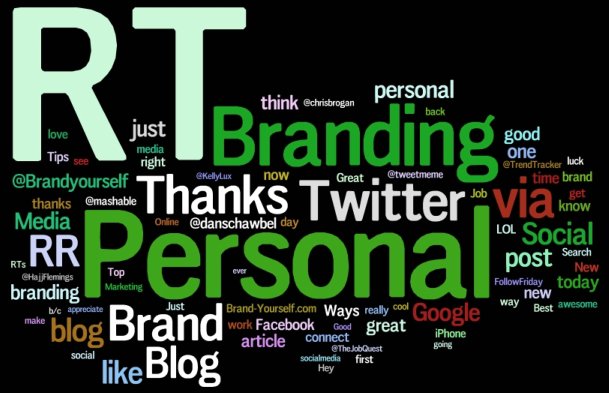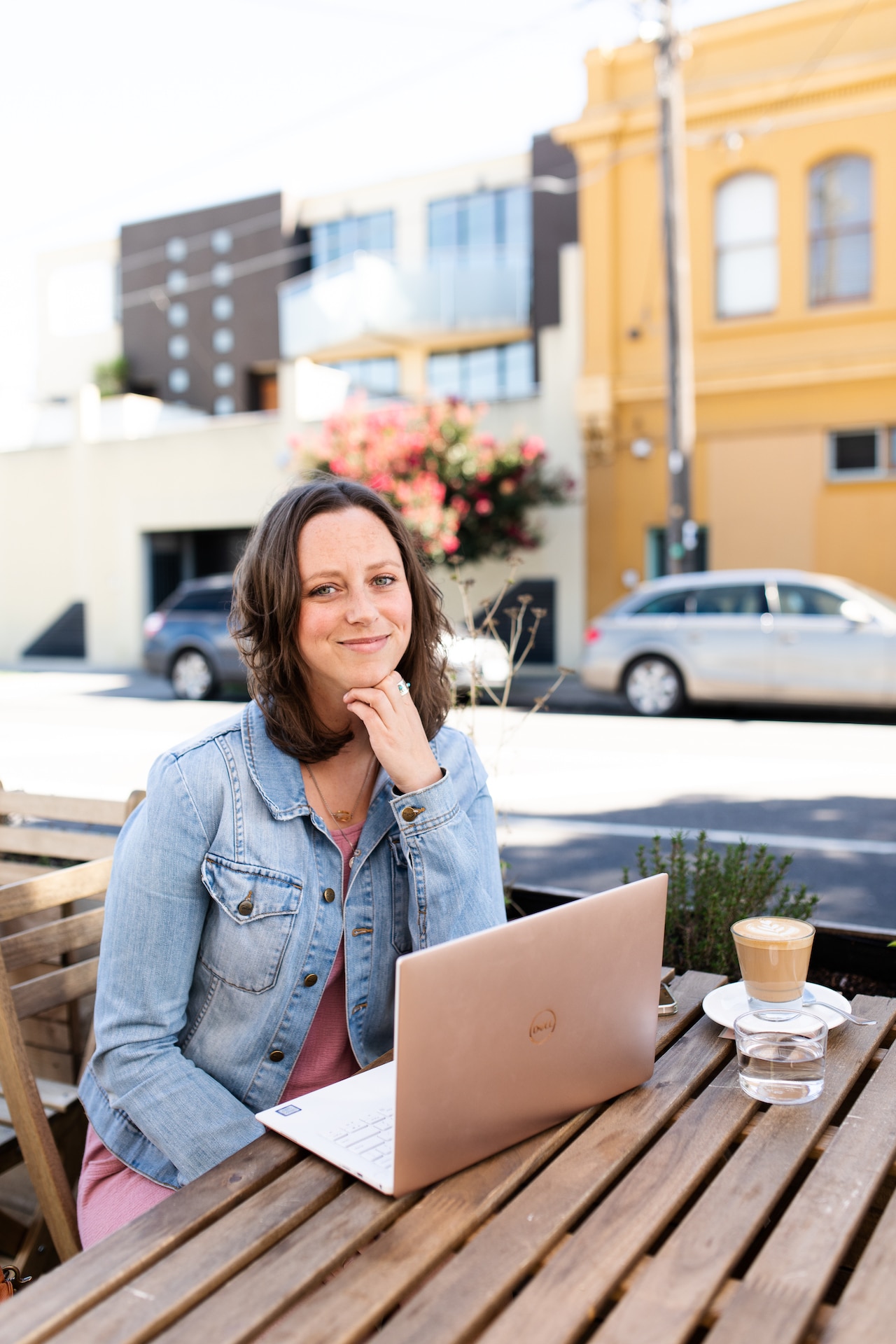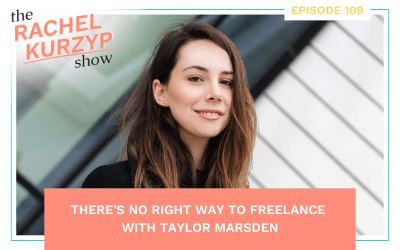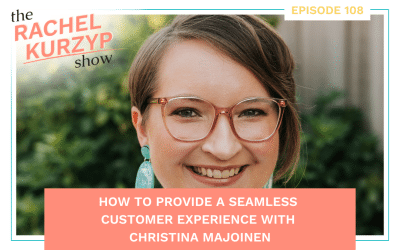This week I was asked to speak to a journalism class at Macleay College about building a personal brand. It’s a topic I love talking about! At first glance building a personal brand seems scary but once you know it’s about being the best you and putting yourself forward for opportunities, it all makes sense. Here’s a quick recap of my workshop.
What is a personal brand?
Personal branding is the practice of people marketing themselves and their careers as brands. A personal brand is more than a logo and a tagline it is anything—a symbol, design, name, sound, reputation, emotion, employees, tone, and much more—that separates one thing from another.
Only a few years ago, saying personal brand made me feel like I was speaking marketing jargon. Now, it’s an everyday term. The term isn’t new, however. It became popular over 10 years ago when Tom Peters wrote an article in Fast Company Magazine about it (“A Brand Called You”). In his article Peters states: “To be in business today, our most important job is to be head marketer for the brand called You.”
What are the benefits of creating a strong personal brand?
There are many benefits to creating and having a personal brand. The main benefit, I think, is that it enhances your self-awareness. When you go through the process you develop a good understanding about what makes you unique, valuable, and powerful. It helps you optimise and work towards becoming the best you. Personal branding also helps you clarify and reach your goals and create a visible presence. Once you know what is unique about you, you can use that information to find the tribe who will help you achieve your goals.
Personal Branding will also help you differentiate yourself from everyone else who has the same degree, your job title, or who says they are in the same business as you. It also gives you more control over your business, the clients you have, the projects you work on, and how you want to deliver services. Personal Branding also creates wealth and offers resilience. Differentiated job seekers who know their value can command higher salaries and remain successful despite challenges and the changing job market because they offer a unique perspective that can’t be found elsewhere.
What makes you unique, makes you successful
What do you want to be known for? Personal Branding is about identifying and then communicating what makes you unique and relevant for your target audience, so that you can reach your career and business goals.
If you understand your strengths, skills, passions, and values, you can use this information to separate yourself from your competitors and really stand out. Don’t forget to also identify your weaknesses and areas of interest. You can’t do and be great at everything. And that’s ok.
Personal branding is very powerful because it sends a clear, consistent message about who you are and what you have to offer. When building a personal brand, opinions matter. Don’t be afraid to share an opinion. But consider it from all angles first. You don’t want to end up like Adam Smith or Justine Sacco. Once on the internet always on the internet.
You need a professional online profile
Times have changed. Everyone is a brand and has a chance to stand out, not just the large consumer products companies with massive marketing budgets. Through search, email, blogs, social media and more, consumers are gravitating to the work of individual writers and voices, and away from institutional brands. The increase in digital content and the knowledge economy has made building a personal brand a priority for everyone, especially content producers and journalists.
Today, most of us have a personal brand whether we’ve actively created it or not. And it’s our responsibility (and opportunity) to control our personal brand. Employers, friends, potential partners and clients will Google you before they pick up the phone or send you an email. If someone looked at your online profile today who would they see? And what would they think about you? Don’t leave your professional reputation to chance when you don’t have to.
Like any brand, you must be active to stay relevant, which is why individuals need to actively engage and cultivate their network. You can do this by contributing articles, creating a blog, participating in online discussions, or attending relevant industry events. When you interact with people, both online and offline, they’ll build up an image of who you are over time. This is really important because people like to buy from, chat to and work with people they like not walking products. If you take time to create a strong, authentic personal brand, you’ll become known for what you’re good at, and you can position yourself as a valuable expert in your field.
Have questions? Want to create your own personal brand?
I run workshops and mentor people who want to start building their digital story.
If you’re interested, get in touch.
Featured image from Flickr.





